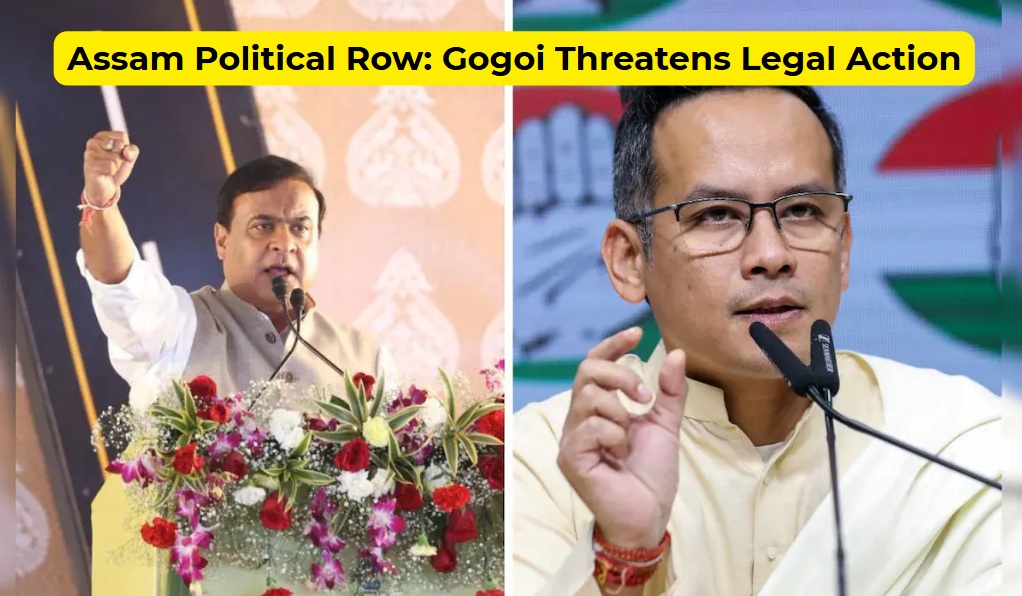In the aftermath of the Sheikh Hasina government ousting, Hindu persecution in Bangladesh has reached alarming levels. The Utsav Mandal murder is a tragic reflection of the rising religious violence in Bangladesh, highlighting the growing influence of extremist elements in the country. With daily reports of attacks against Hindus, the safety of the Hindu minority has become a critical issue, prompting concerns from neighboring India and the international community.
Who Was Utsav Mandal?
Utsav Mandal, a 15-year-old Hindu college student from Khulna, Bangladesh, was the latest victim of religious violence in Bangladesh. A few days before his tragic death, Utsav posted a controversial message on social media regarding Prophet Mohammed. This post quickly incited extremism in Bangladesh, leading to complaints from Islamic extremists, which resulted in Utsav’s arrest by local authorities. What followed was even more shocking—a violent mob attacked the police station where Utsav was being held, ultimately killing him in broad daylight.
Bangladesh’s Economic Collapse and the Rise of Extremism
Bangladesh is also grappling with severe financial troubles, as the country faces an economic collapse marked by inflation surging to 16%. The shutdown of factories, including the key textile and garment industries, has led to widespread unemployment. This economic instability has fueled extremism in Bangladesh, with radicals exploiting the situation to push their agendas. As more industries shut down, many workers have been displaced, creating a ripe environment for extremist groups to further radicalize and recruit.
Reports suggest that these extremist factions have made bizarre demands, such as banning women from working in factories and enforcing religious restrictions, further destabilizing Bangladesh’s already fragile economy. The closing of garment factories—a critical industry—has pushed the country closer to financial ruin, exacerbating the rise in religious violence in Bangladesh.
India’s Concerns Over Hindu Safety in Bangladesh
Hindu safety in Bangladesh has become a major concern for Indian leadership. Indian Prime Minister Narendra Modi has expressed displeasure over the Utsav Mandal murder, even raising the issue with U.S. President Joe Biden. Despite diplomatic pressure, Bangladesh’s interim government claims that Utsav is alive and receiving treatment, but videos and photos circulating on social media suggest otherwise. The conflicting narratives have raised doubts about the government’s transparency and commitment to protecting religious minority rights in Bangladesh.
Why Did the Police Fail to Act?
One of the most disturbing aspects of this incident is the failure of law enforcement to intervene. When the mob stormed the police station to kill Utsav, both police officers and military personnel were present, yet they did nothing to stop the attack. This raises serious questions about the role of the authorities in Bangladesh—are they too weak to counter the rise of extremism in Bangladesh, or are they complicit in the violence?
The fact that this attack occurred in broad daylight, inside a police station, is an alarming sign of how deeply religious violence in Bangladesh has penetrated society. The police force appears either unwilling or unable to confront these extremist groups, leaving Hindu persecution in Bangladesh unchecked.
Widespread Persecution of Hindus and Religious Minorities
The Utsav Mandal murder is not an isolated incident. Hindus, along with other religious minorities in Bangladesh, have been under attack for years, with the situation worsening following the Sheikh Hasina government ousting. Religious minority rights in Bangladesh are under threat as extremists target Hindus, their temples, and even their festivals. During religious events like Ganesh Chaturthi, violent attacks have been reported, further showing how Hindu safety in Bangladesh has been compromised.
Bangladesh’s Ties with India
India, a key economic partner of Bangladesh, is now reconsidering its relations with the interim government due to unpaid debts and strained diplomatic ties. Bangladesh owes millions of dollars to Indian companies like Adani for electricity supplied from a power station in Jharkhand. With Bangladesh struggling to meet its financial obligations, the future of its economic relationship with India hangs in the balance.
Bangladesh’s economic collapse has not only weakened the country internally but has also strained its ties with regional allies. This financial instability is contributing to the rise of religious violence in Bangladesh, as extremist groups capitalize on the growing economic despair to further their agendas.
What Lies Ahead for Bangladesh’s Hindus?
The killing of Utsav Mandal is a tragic reminder of the worsening situation for religious minorities in Bangladesh. With a growing climate of extremism in Bangladesh and a government struggling to maintain control, the future looks increasingly uncertain for Hindus and other minorities. Without strong international intervention and internal reforms, Hindu persecution in Bangladesh will likely continue to rise, leaving communities vulnerable to ongoing attacks.
The current political instability, coupled with the economic collapse, creates a dangerous environment for Hindus in Bangladesh. While diplomatic efforts are underway, the lack of immediate action from the government raises concerns about the long-term safety of Hindus and other religious minorities.
The Utsav Mandal murder highlights the severe challenges faced by the Hindu minority in Bangladesh. With the Sheikh Hasina government ousting, the rise of extremism, and the economic collapse, the safety and rights of religious minorities in Bangladesh are in jeopardy. International pressure, particularly from India, is crucial in urging the Bangladeshi government to take action. Without swift intervention, Hindu safety in Bangladesh will continue to deteriorate, leaving millions at risk.





